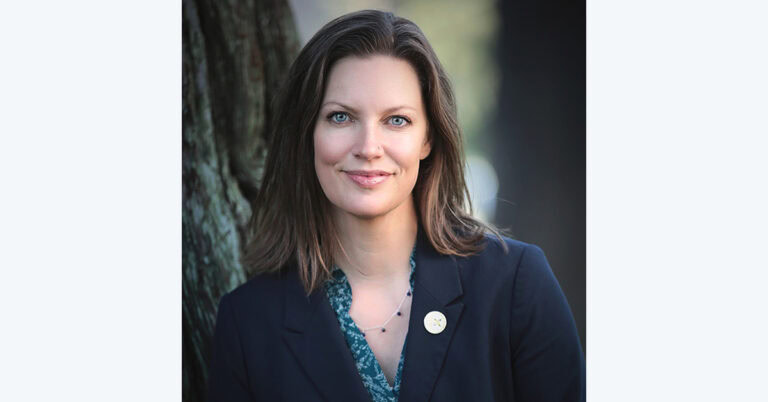Deputy Director
CCST Senior Fellow Burton Richter, Nobel Laureate, Dies
August 3, 2018 | CCST Newsroom | Contact: M. Daniel Decillis
Burton Richter, PhD, a Nobel Prize-winning physicist and California Council on Science and Technology (CCST) Senior Fellow, died in Stanford on July 18. He was 87.
“Burt was a member in good standing of that highly select group of California physicists who revolutionized our understanding of the basic forces of physics in the 20th Century,” said CCST Board Chair Charles F. Kennel. “His participation in CCST was a part of his larger commitment to the public responsibilities of science. There are never enough Burt Richters in this world.”
Richter, a CCST Senior Fellow since 1999, was the former director of the SLAC National Accelerator Laboratory at Stanford University. He was a leading member of the CCST California’s Energy Future (CEF) team, which produced a series of reports from 2011-2013 analyzing how California could meet its ambitious emissions reduction goals by 2050. Richter was the lead author of the CEF subreport Powering California with Nuclear Energy. For Richter, who had long been engaged with energy policy discussions at the national level, the CEF report marked one of his first major forays into the discussion at the state level.
“California has long been a leader both in its forward-thinking energy policies and in the development of game-changing technology,” said CCST Interim Executive Director Amber Mace. “The CEF project was an unprecedented study of potential state-level energy strategies which helped illustrate how California shapes the discussion both for its own future and the rest of the nation.”
Richter earned worldwide acclaim in 1974 when he and his team at the SLAC National Accelerator Laboratory (formerly the Stanford Linear Accelerator Center) co-discovered a new subatomic particle called J/psi, a type of meson consisting of a previously unknown quark and its antimatter equivalent. In addition to the Nobel Prize in Physics, awarded in 1976 for his particle physics work, his accolades included the 2007 Phillip Hauge Abelson Prize from the American Association for the Advancement of Science (AAAS), the Enrico Fermi Award (2012), and the National Medal of Science (2014). He was a member of the National Academy of Sciences; the American Academy of Arts and Sciences, the American Philosophical Society; Fellow and President (1994) of the American Physical Society; and AAAS Fellow.
“We are thankful for Burt’s expertise and passion, not just in our examination of energy related issues, but for the importance of shaping a sound policy environment for science both in California and the nation,” said Mace. “He will be missed.”
About the California Council on Science and Technology
The California Council on Science and Technology is a nonpartisan, nonprofit organization established via the California State Legislature in 1988. CCST engages leading experts in science and technology to advise state policymakers – ensuring that California policy is strengthened and informed by scientific knowledge, research, and innovation.




